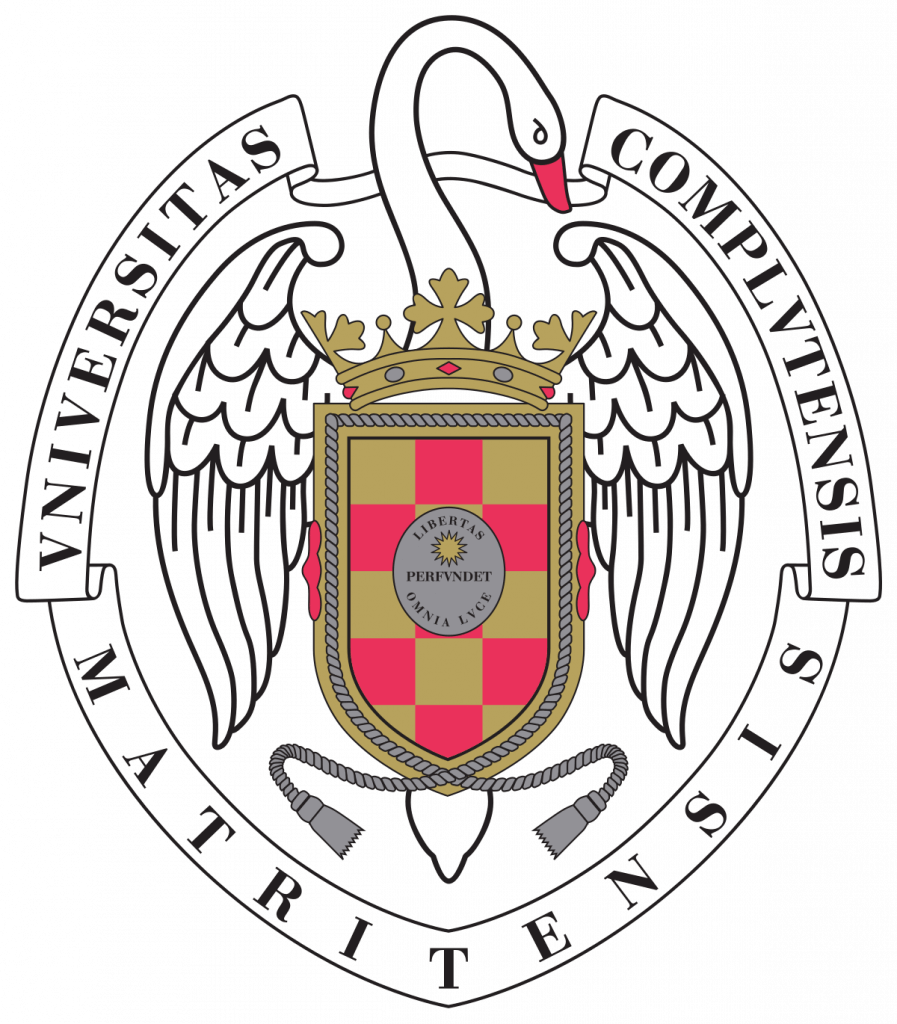
English

Hebrew

Tel Aviv State University, senior lecturer at the Department of Internal Diseases

Private practice at the Assuta Clinic

Private practice at the Top Ichilov Clinic

Senior physician of Endocrinology Department, Beilinson Clinic, Israel

Consultant endocrinologist, Clalit Health Services

Physician of Internal Medicine Department, Chaim Sheba Medical Center (Israel)

University of Illinois in Chicago, advanced training in endocrinology

Sheba Clinic (Israel), specialization in internal medicine

Complutense University of Madrid (Spain), Faculty of Medicine

American Association of Clinical Endocrinology

Israel Endocrine Society
“The overwhelming majority of thyroid nodular growths are benign. Certain nodules, however, are cancerous tumors. Some growths affect the thyroid function from the very beginning while others only start causing symptoms in the later stages.
If a patient has a thyroid nodule, it is necessary to gather as much information about the patient as possible and assess their general health. As for diagnosis, it is important to use such imaging technologies as ultrasound. During an ultrasound, the physician determines the nature of the growth. A solid nodule is a tumor that can prove to be either cancerous or benign.
A cystic nodule is the sign of a benign condition. Cystic nodules, as a rule, respond to conservative treatment.
The fine needle aspiration biopsy is the next step. The doctor takes cell samples and sends them for a cytological study. This is where the pathologist’s expertise plays a special role: the pathologist must differentiate between benign and cancerous and make a diagnosis based on a tiny sample of cells.
There exists an entire range of treatments for nodular growths in the thyroid. Most benign nodules are small in size and grow very slowly – or do not grow at all. They can be treated with conservative methods. Patients visit their doctors for periodic examinations and blood tests.
If the nodule – either cancerous or benign – steadily grows, the most preferred treatment method is surgery. This is because a surgical intervention often helps eliminate the growth. This type of surgery is rather delicate and should be performed by an experienced surgeon.
This is because the thyroid is located in the central part of the neck. It sits alongside blood vessels, nerves and parathyroid glands that control calcium levels in the blood. Abnormal changes in calcium levels can lead to serious problems with nerves and muscles. For instance, in some patients, nerves responsible for the voice box function get damaged. This leads to chronic hoarseness. In some cases, the voice remains permanently hoarse.
Therefore, surgical treatment of thyroid nodules should be entrusted to a qualified and experienced specialist.”

Publications in Foreign Medical Journals:
Complete list (25):
https://www.ncbi.nlm.nih.gov/pubmed?term=Benbassat%20CA[Author]

Author’s Name: Dmitry Finkelstein















